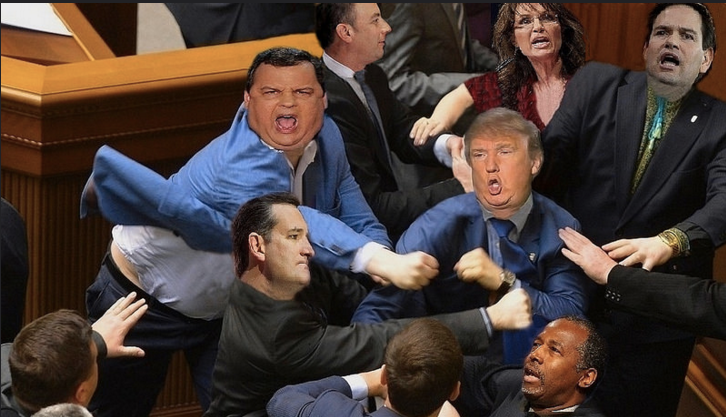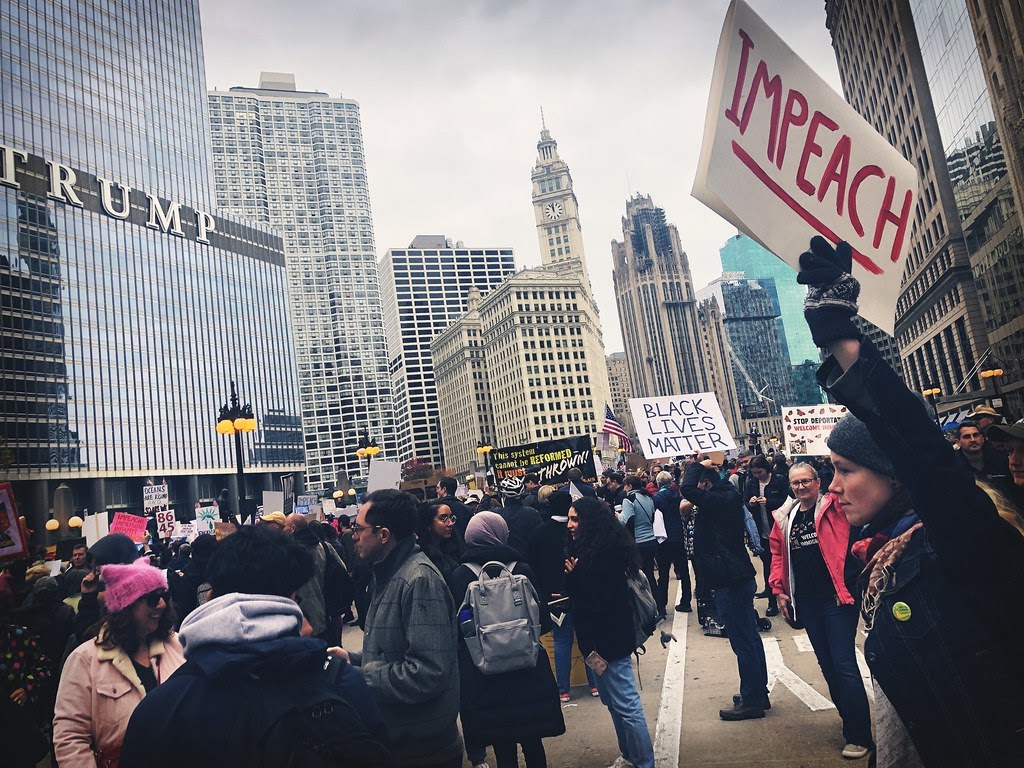The American legal system allows low-merit cases and easy settlement money. The loser-pays rule could help to fix this problem.
In 2005, Judge Roy L. Pearson Jr. filed a $64 million civil suit against three owners of a Washington D.C. dry cleaners, Custom Cleaners, for losing a pair of pants that he claimed cost over $1000. Pearson demanded that the dry cleaners compensate him for emotional distress, a rental car to drive to a new dry cleaner, ongoing services and more. The trial court found for the defendants, then the District of Columbia Court of Appeals affirmed the ruling. The dry cleaners won the case, but incurred nearly $100,000 in lawyers’ fees in the process. Luckily, the American Tort Reform Association and the Institute for Legal Reform of the United States Chamber of Commerce hosted a fundraiser to help Custom Cleaners pay their lawyers’ fees.
The costs of the American legal system are excessive. In fact, the US has the world’s most costly legal system as a share of GDP, over 150 percent more than the Eurozone average. Civil cases, which include contract, small claims, and tort (or personal injury) cases, are being filed at an increasing rate—jumping six percent from 2016 to 2017 alone. In 2016, according to the US Chamber of Commerce, US tort costs totaled $429 billion, and plaintiffs got only fifty-seven cents on the dollar. These costs pay attorney’s fees—whether or not the case is settled—and court fees for cases that make it to court. However, most civil cases never make it to court. For example, approximately three percent of tort cases are resolved by a judge, while about 75 percent are dismissed or settled out of court.
It seems there is a problem with the American legal system: it’s not economically efficient.
According to the 1984 Priest–Klein hypothesis, cases are most likely to go to court when each side perceives their chance of winning as about 50 percent. Therefore, plaintiffs should never file frivolous or “low-merit” cases because they know that they have no chance of winning.
But in America, low-merit cases often compel the defendant to settle for a potentially unwarranted sum in order to avoid court costs and attorney’s fees. Plaintiffs can sue for almost anything and potentially make easy money in a settlement—it’s happened over and over again. Reducing the number of cases filed will reduce overall legal costs.
The English rule, or “loser-pays” system, is a possible solution. If the plaintiff sues and loses, they must pay a portion of the defendant’s attorney’s fees. This dissuades plaintiffs from bringing low-merit suits because instead of being settled, low-merit cases will be dismissed in court and the plaintiff will have to pay the defendant’s fees.
The English rule traces back to the English Statute of Gloucester of 1278, which gave plaintiffs in specific suits the right to claim certain costs. Over centuries, the rule was extended to other claims and to defendants as well. Some argue that the English rule is a “vestige of oppression” with origins in the feudal system. In reality, the English rule ensures that the winning party will be made whole for legal expenses resulting from an unsuccessful lawsuit.
This reasoning translates into the American system. While this rule worked best when lawyers’ fees were regulated by the state—as they initially were in the thirteen colonies—it can still be applied to reduce the mounting costs of litigation that we face today.
The English rule is followed in the rest of the Western world as well as Alaska. Florida also tested out the English rule between 1980 and 1985. According to the Civil Justice Report, “the Florida loser-pays rule seems to have worked to weed out weaker cases and facilitate case disposition.” The rate at which medical malpractice lawsuits were dropped after initial discovery rose from 44 percent to 54 percent, and the percentage that proceeded to trial was half of what it had been under the American rule.
Alaska’s loser-pays rule seems to deter low-merit cases. According to the Manhattan Institute, tort suits constitute five percent of Alaska’s civil cases, about half the national average. This could indicate the merit of the loser-pays system in deterring unnecessary tort suits.
Loser-pays would be a core change, but not an impossible one. In fact, many states already have loser-pays clauses for particular lawsuit types. New York, California, and Illinois all have such systems for suits dealing with unfair and deceptive business practices. Some states have a limited form of loser-pays called an offer of settlement system, meaning winners can recover some costs if court-awarded damages fall well short of a defendant’s settlement offer, similarly dissuading low-merit cases.
Of course, there are potential issues with using the English rule in America. Implementation could take a while. Moreover, loser-pays could lead to additional disputes over whether the loser should pay the entire financial burden, especially because the loser may already have to pay large amounts in damages. This may excessively burden the loser.
However, loser-pays has additional benefits, too. Some economists theorize that it would encourage potential defendants to comply with the law and take measures to reduce the risk of injuries. Due to its low cost for many legitimate plaintiffs, it may make suing easier for lower-income people who have been injured or impacted by a breach of contract.
In America, it seems the best way to implement the English rule would be to follow along with the majority of loser-pays countries and pass a federal law that requires all losers to reimburse the winning party of all expenses, including attorney’s fees. Such a law would incentivize meritorious suits and reduce legal costs nationwide, though it would surely require an allowance for judicial discretion and would come along with a legal insurance market, similar to other loser-pays countries.
Overall, it seems that the loser-pays rule may greatly benefit the American legal system at the federal level. If you lose, you pay—the way it should be.



